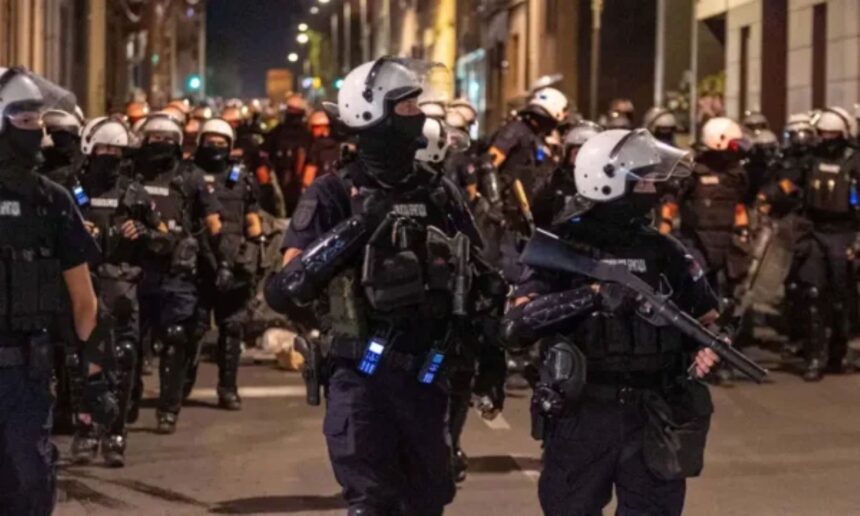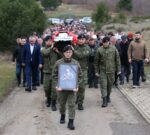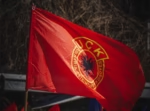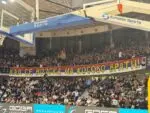Serbia’s streets have descended into scenes of violence and chaos, as protests against President Aleksandar Vučić escalate after nine months of mostly peaceful demonstrations.
What were once peaceful marches have now turned into nightly clashes resembling a state of war—with confrontations between protesters and police involving batons, tear gas, smoke bombs, fireworks, and the repeated destruction of ruling SNS party offices.
Activist Neda Vrebac from the Novi Sad Civic Assembly said people’s anger is a reaction to state repression:
“We suddenly found ourselves in front of bayonets. Citizens feel unsafe; this is fascism with all its manifestations,” she told DW.
On social media, videos show SNS supporters and hired groups, some with criminal records—including individuals convicted of attempted murder and hooliganism—attacking protesters with sticks.
Radivoje Jovović of the Free Citizens’ Movement argued that violence in the streets reflects government nervousness:
“The regime, with the help of party criminals, declared war on citizens. But there is no turning back. People now understand there can be no democracy with mafia and paramilitaries.”
Police Brutality and Arbitrary Arrests
Reports of police brutality have intensified. A Belgrade student, Nikolina Singjelić, described how a commander slapped her, slammed her head into a wall, and threatened to strip and rape her publicly.
Mass arrests followed. State-controlled media broadcast images of young men forced to kneel against walls with their hands tied, guarded by police—images many compared to wartime prison camps.
Vrebac said some detainees were not even protesters, citing the case of Vukašin Kurilić, arrested while returning from the store carrying shopping bags. Police mistook his asthma inhaler for pepper spray.
Vučić Threatens “Harsh Response”
President Vučić vowed a firm state response within days, but denied that a state of emergency would be declared:
“You will see Serbia’s full determination. We will use everything at our disposal to restore peace and order. They brought chaos to our country, but we will win,” he said, accusing protesters of plotting to overthrow the state and likening them to fascists and Nazis.
Vučić warned it was “only a matter of days before someone is killed.”
Fear of Escalation
Many fear the crisis could spiral further. Vrebac expressed concern that the regime might even stage a killing of one of its own members to justify more repression.
Retired political science professor Zoran Stojiljković described the situation as a “balance of powerlessness,” where neither side holds decisive control:
“Vučić doesn’t want a state of emergency because he lacks the capacity to enforce it when citizens won’t comply. The desirable outcome would be dialogue and fair elections within months.”
Without such political resolution, analysts warn Serbia could face a cycle of mass protests, strikes, violence, and ongoing instability.







